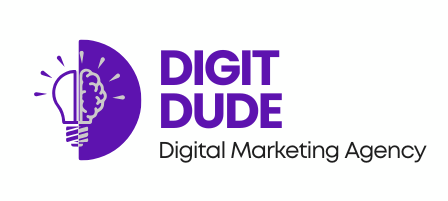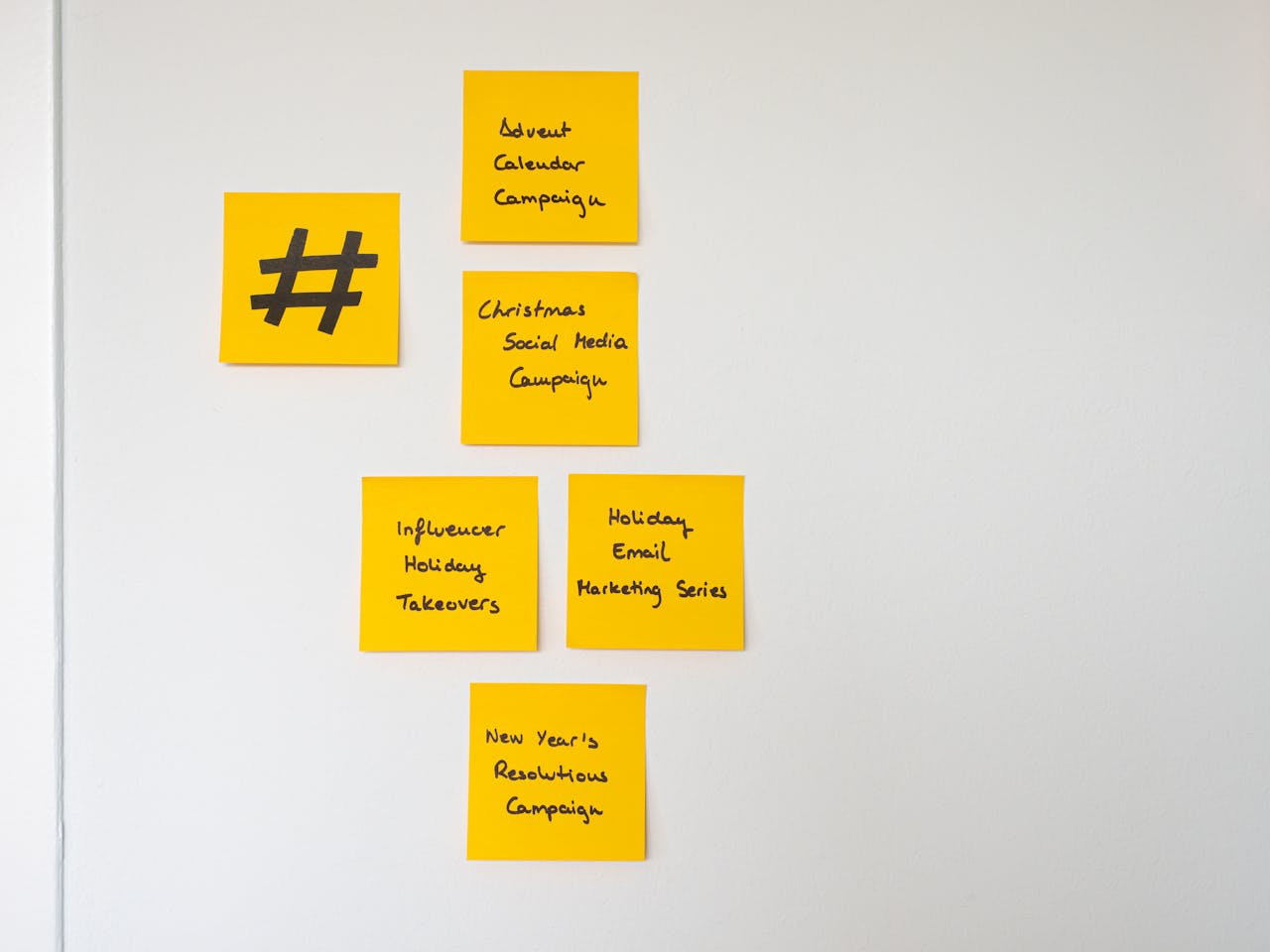As a digital marketer who’s been in the trenches for over a decade, I’ve seen the SEO landscape evolve dramatically. One debate that never seems to die down is the clash between WhiteHat and BlackHat SEO techniques. Today, we’re going to dive deep into this topic, exploring the nuances, risks, and rewards of each approach.
The SEO Spectrum: Shades of Gray
Before we paint everything in black and white, it’s crucial to understand that SEO often exists in shades of gray. While we’ll focus on the two extremes, many practices fall somewhere in between. As someone who’s experimented with various techniques (sometimes learning the hard way), I can tell you that the line isn’t always clear-cut.
WhiteHat SEO: Playing by the Rules
WhiteHat SEO is all about following search engine guidelines to improve a website’s visibility. It’s the “straight and narrow” path that focuses on creating value for users while adhering to best practices.
Key Characteristics of WhiteHat SEO:
- High-quality, original content
- Natural link building
- Proper on-page optimization
- User-centric design and experience
- Transparent practices
I remember when I first started embracing WhiteHat techniques. It felt like swimming upstream – progress was slow, but steady. The payoff? Long-term sustainability and peace of mind.
Benefits of WhiteHat SEO:
- Sustainable, long-term results
- Lower risk of penalties
- Builds trust with users and search engines
- Aligns with brand integrity
Challenges:
- Can be time-consuming
- May require significant resources
- Results often take longer to materialize
BlackHat SEO: Walking on the Wild Side
BlackHat SEO, on the other hand, involves techniques that violate search engine guidelines. It’s about finding loopholes and exploiting them for quick gains.
Key Characteristics of BlackHat SEO:
- Keyword stuffing
- Cloaking (showing different content to users and search engines)
- Link farms and paid links
- Hidden text or links
- Doorway pages
I’ll admit, in my early days, the allure of quick results led me to dabble in some BlackHat techniques. The rush of seeing rapid ranking improvements was intoxicating – until the inevitable crash came.
Benefits of BlackHat SEO:
- Potential for quick results
- Can be less resource-intensive initially
- May provide competitive advantage in highly saturated markets
Risks:
- High likelihood of penalties or de-indexing
- Short-lived results
- Damage to brand reputation
- Potential legal issues
Comparing Approaches: A Real-World Perspective
Let’s break down how these approaches might play out in practice:
| Aspect | WhiteHat SEO | BlackHat SEO |
|---|---|---|
| Content Creation | Create in-depth, valuable content that answers user queries | Spin or duplicate content, stuff with keywords |
| Link Building | Earn links through great content and outreach | Buy links or use automated link-building tools |
| On-Page Optimization | Use keywords naturally, optimize meta tags | Over-optimize, hide text, or use excessive internal linking |
| User Experience | Focus on site speed, mobile-friendliness, and intuitive navigation | Prioritize search engines over user needs |
| Results Timeline | Months to years for significant impact | Days to weeks for initial results |
| Risk Level | Low | Very High |
| Long-Term Viability | High | Low |
The Human Element: Why WhiteHat Often Wins in the Long Run
As someone who’s seen countless algorithm updates and industry shifts, I can’t stress enough the importance of the human element in SEO. Search engines are getting smarter, increasingly able to discern user intent and content quality. This is where WhiteHat SEO shines.
By focusing on creating genuine value for users, WhiteHat practitioners align themselves with the ultimate goals of search engines. It’s about building relationships, not just rankings. I’ve seen businesses thrive by consistently delivering quality content and excellent user experiences, even in the face of algorithm turbulence.
The Temptation of the Dark Side
I get it. When you’re struggling to rank, watching competitors zoom past you, the BlackHat path can seem tempting. The promise of quick results is alluring, especially when clients or bosses are breathing down your neck for immediate improvements.
But here’s the harsh truth I’ve learned: those quick wins often come at a devastating cost. I’ve witnessed entire businesses crumble overnight due to search engine penalties. The stress of constantly looking over your shoulder, wondering when the other shoe will drop, isn’t worth it.
Finding Your SEO Path
So, how do you navigate this complex landscape? Here are some tips I’ve gathered over the years:
- Understand Your Risk Tolerance: Be honest about how much risk you’re willing to take. Remember, it’s not just about you – it’s about your clients or company too.
- Focus on Value Creation: Always ask, “Does this benefit the user?” If the answer is yes, you’re probably on the right track.
- Stay Informed: SEO is ever-evolving. Invest time in continuous learning to stay ahead of the curve.
- Test and Measure: Don’t rely on hearsay. Test different (ethical) techniques and measure their impact.
- Think Long-Term: Build strategies that will stand the test of time, not just deliver quick hits.
- Be Transparent: If you’re an agency or consultant, educate your clients about your methods and their potential outcomes.
The Gray Area: Navigating Ethical Dilemmas
In my journey, I’ve encountered numerous situations that fall into ethical gray areas. For instance, guest posting – when done genuinely to share knowledge, it’s a great WhiteHat technique. But when abused solely for link building, it veers into BlackHat territory.
These situations require careful consideration. My rule of thumb? If I’d be comfortable explaining the technique to a room full of Google engineers, it’s probably okay.
Conclusion: The Choice is Yours
At the end of the day, the path you choose depends on your goals, ethics, and risk appetite. From my perspective, the sustainable growth and peace of mind that come with WhiteHat SEO far outweigh any short-term gains from BlackHat techniques.
Remember, SEO isn’t just about algorithms and rankings – it’s about people. By focusing on creating genuine value and positive user experiences, you’re not just winning at SEO; you’re building a foundation for long-term success in the digital world.
As we move forward in this ever-changing digital landscape, one thing remains constant: the importance of integrity in our work. Whether you’re a seasoned SEO veteran or just starting out, I encourage you to consider the long-term impact of your strategies. Your future self (and your website’s rankings) will thank you.



